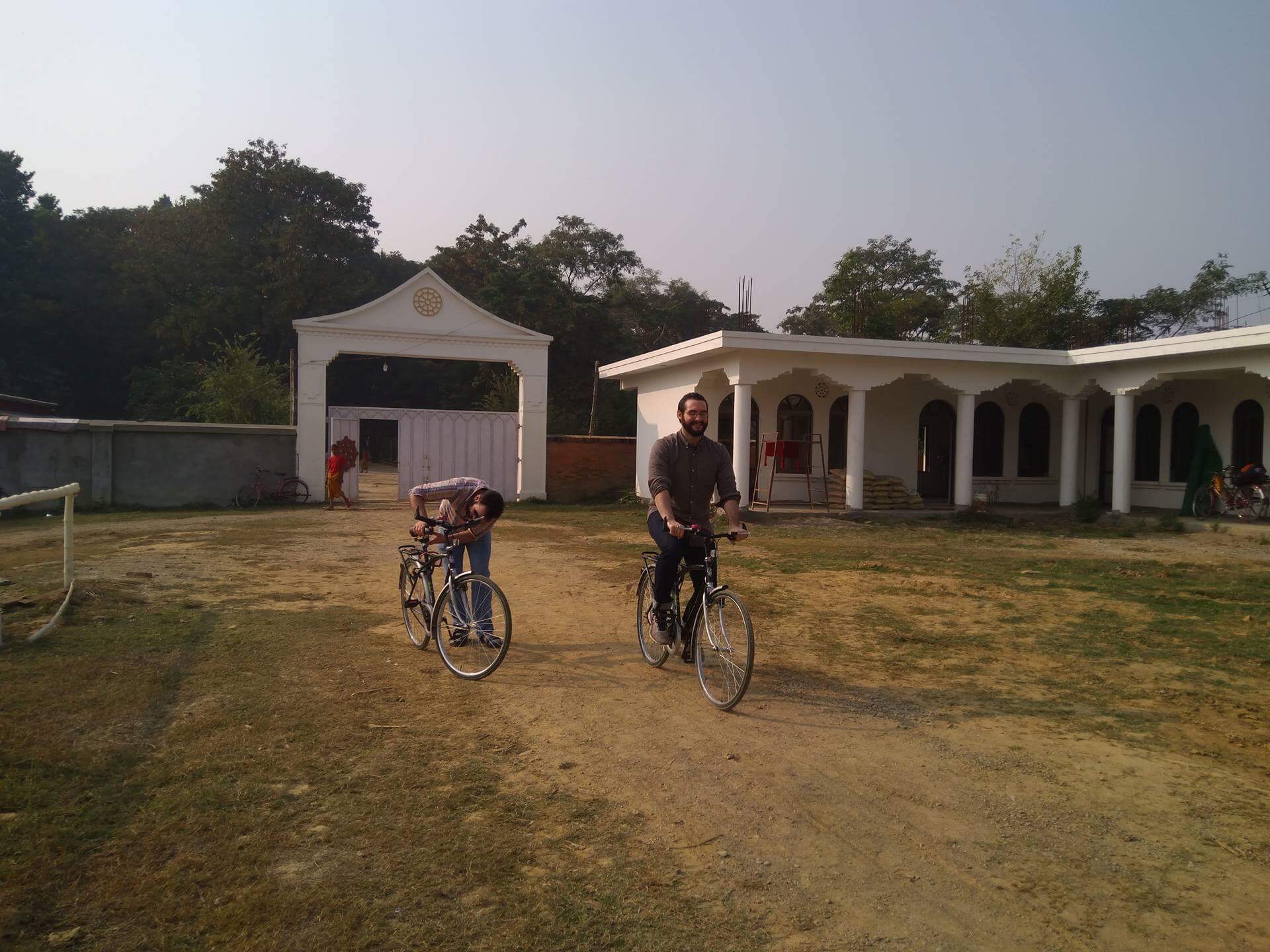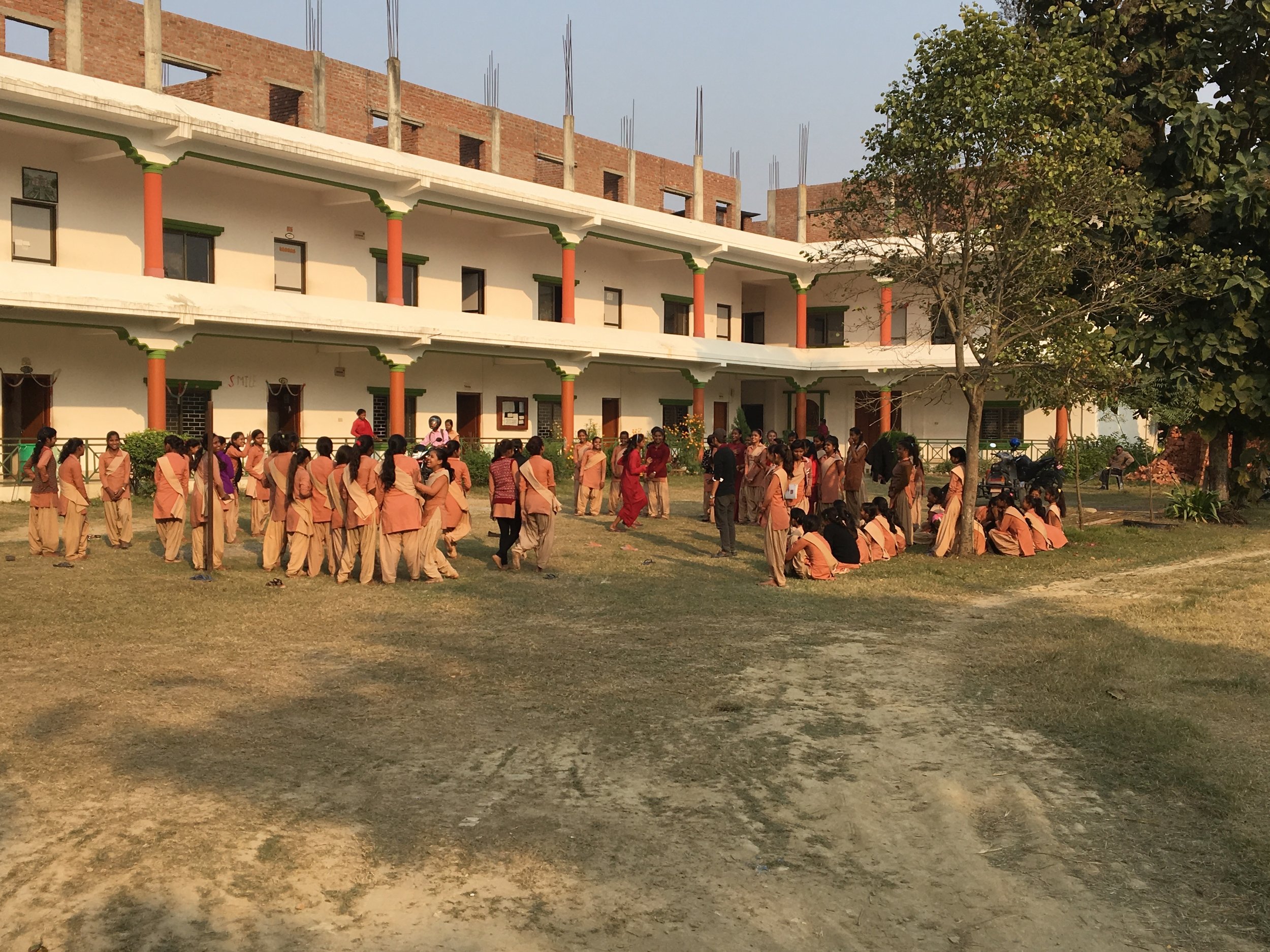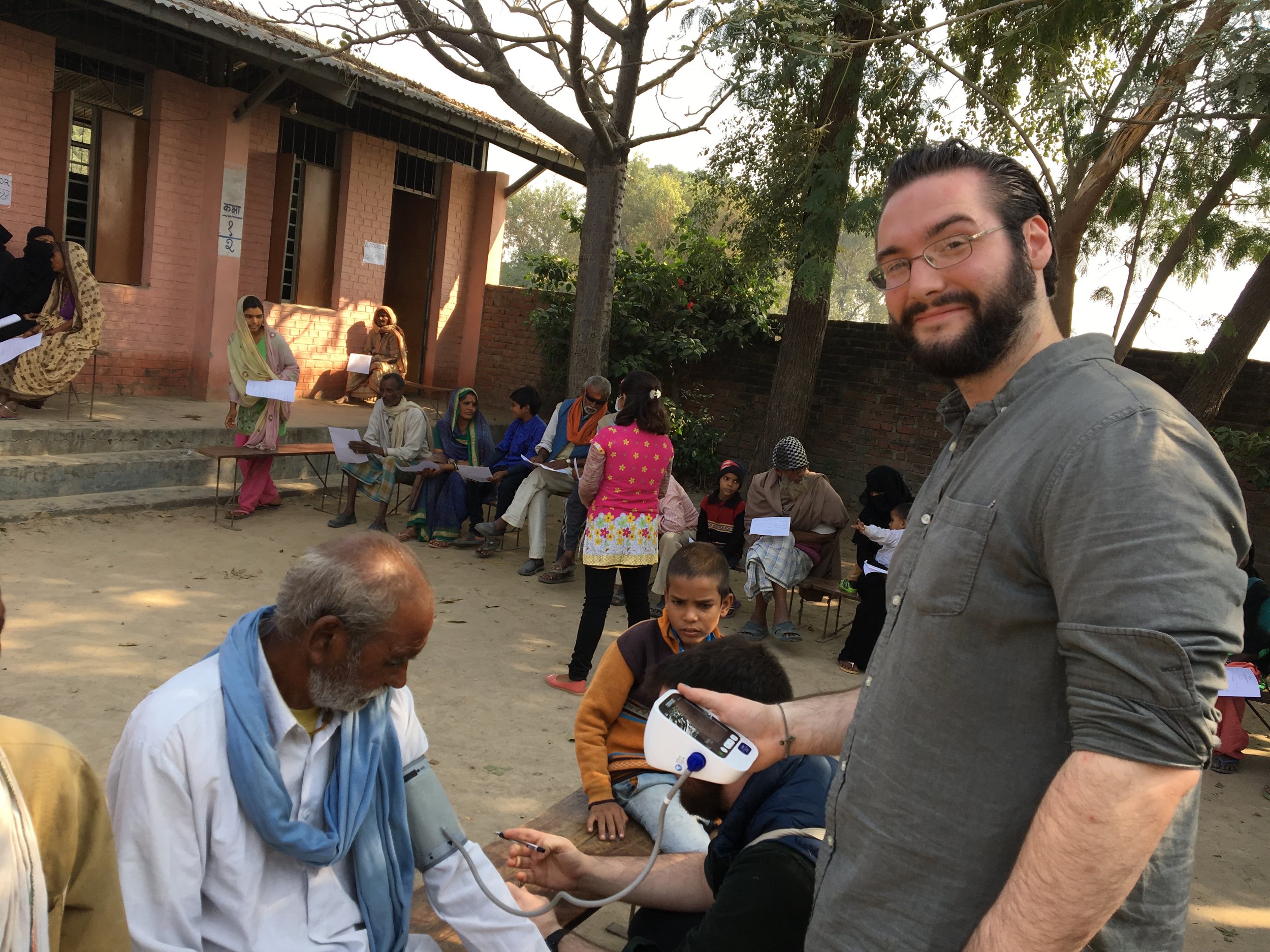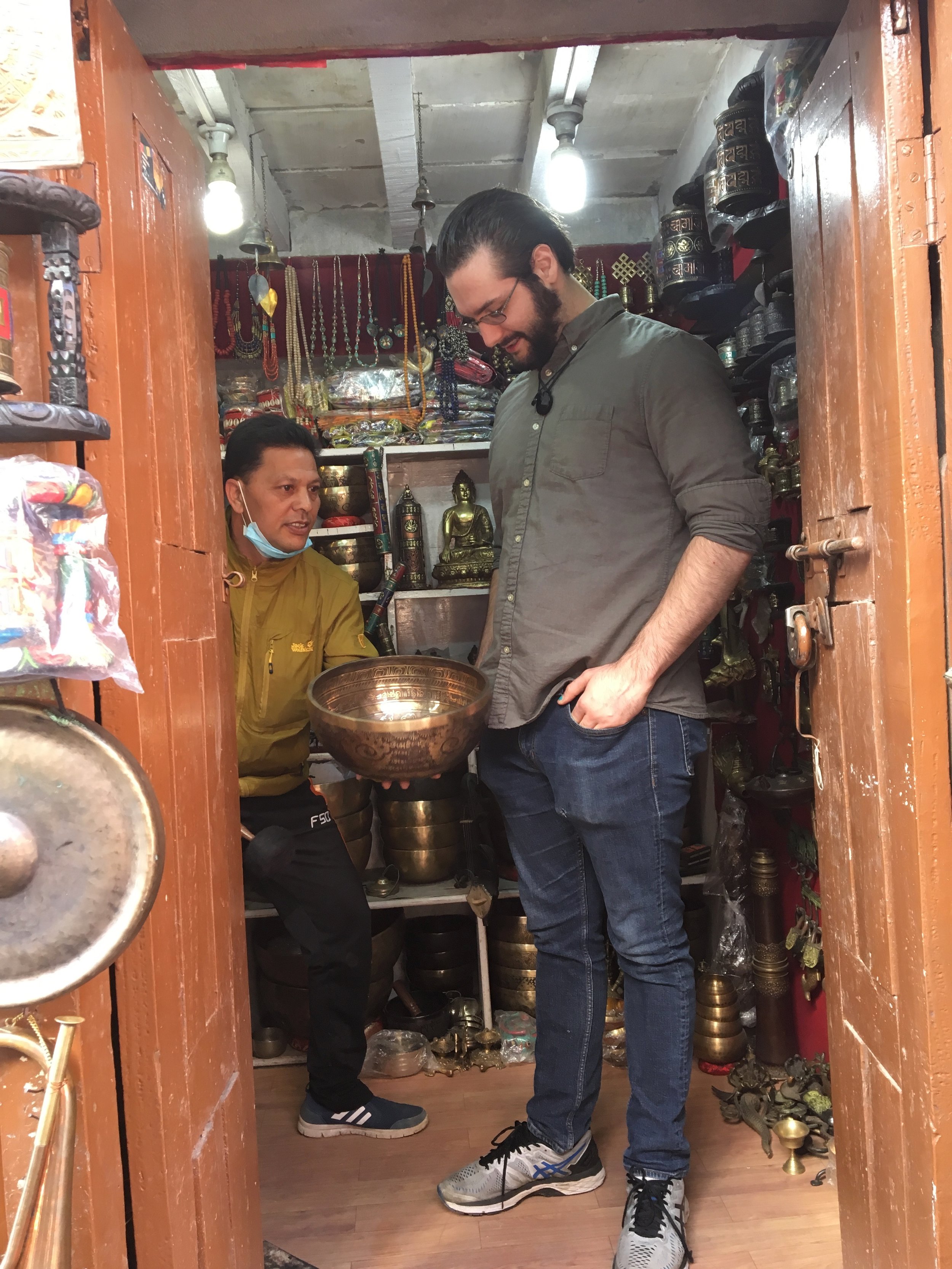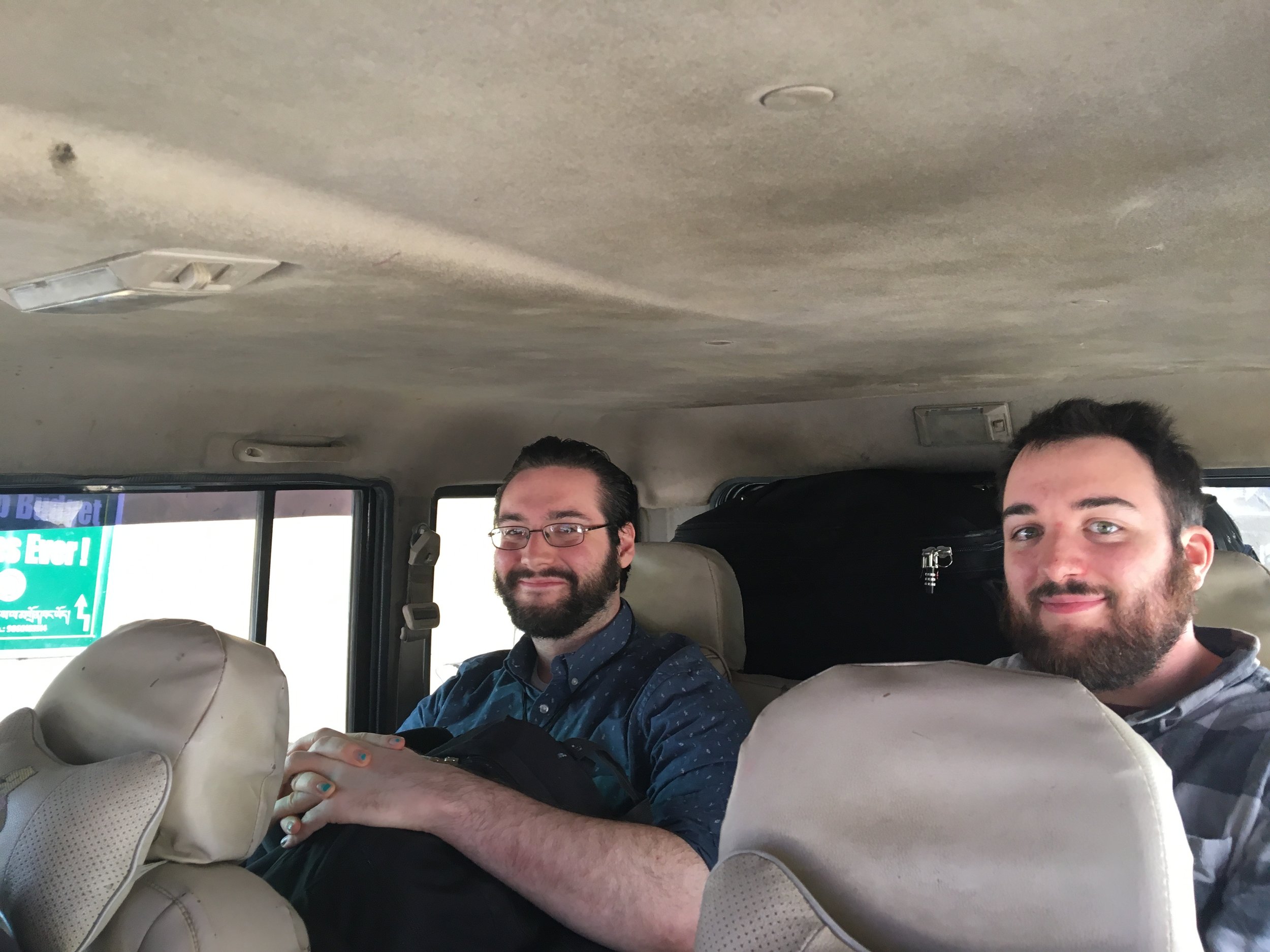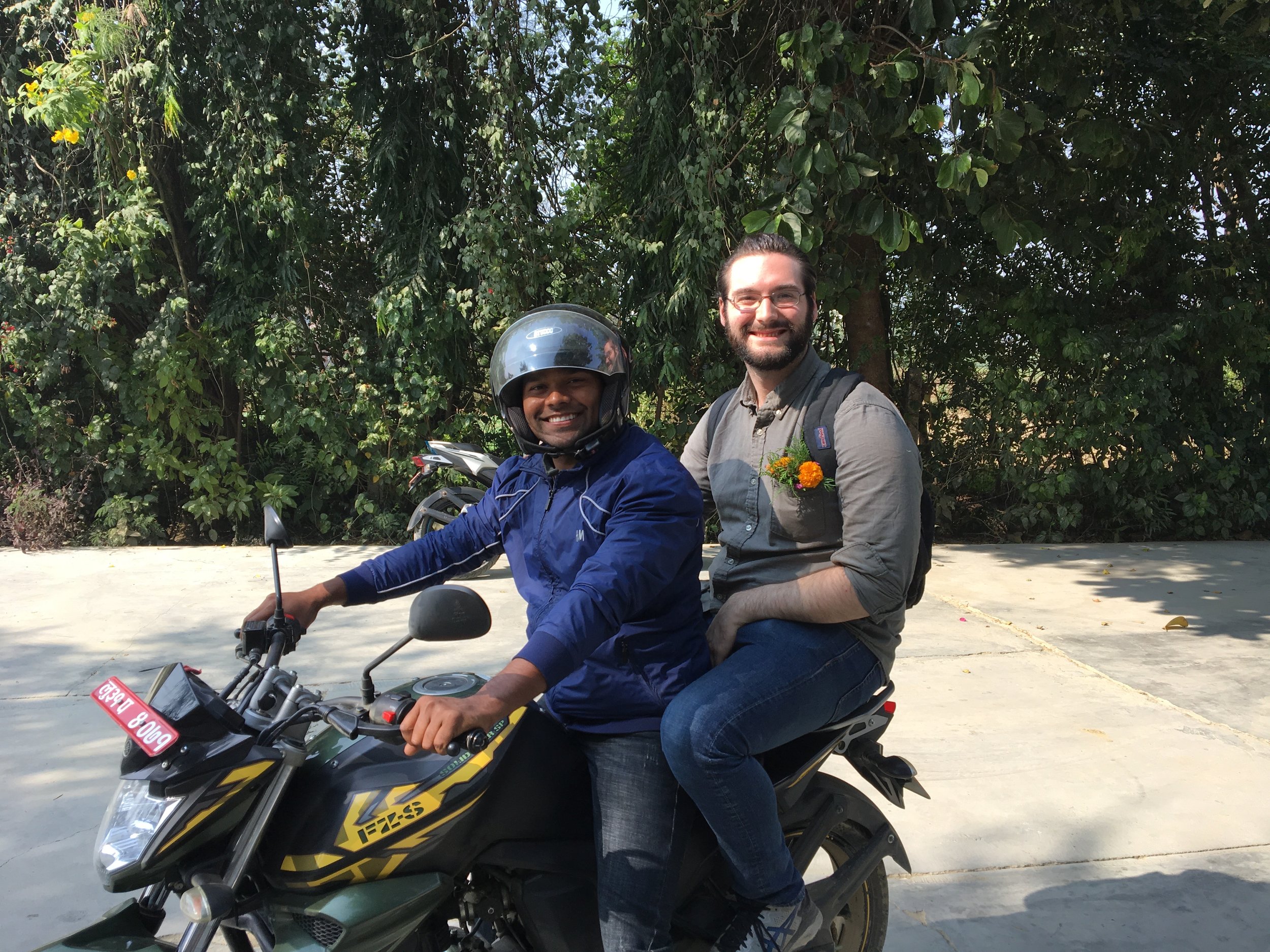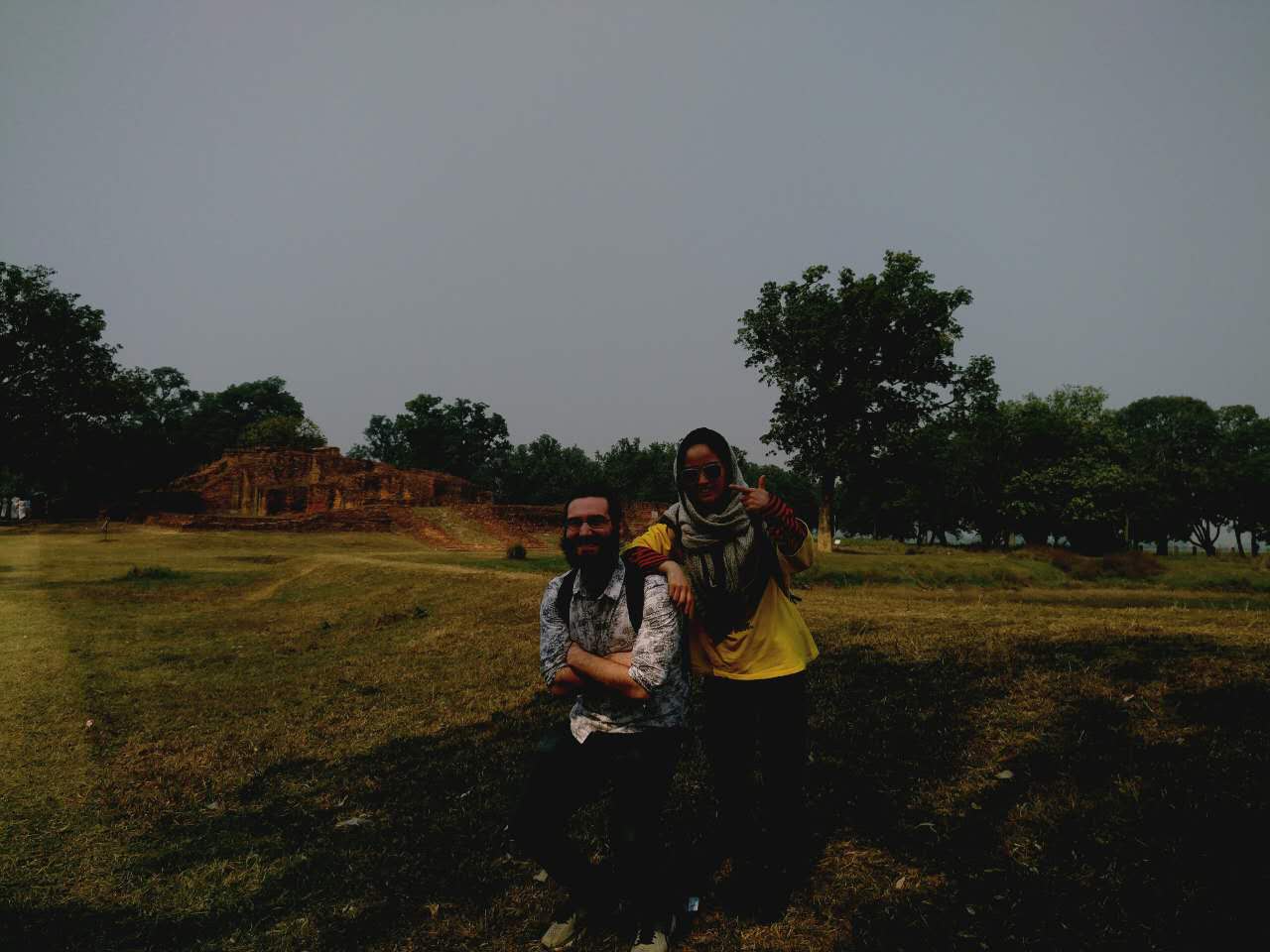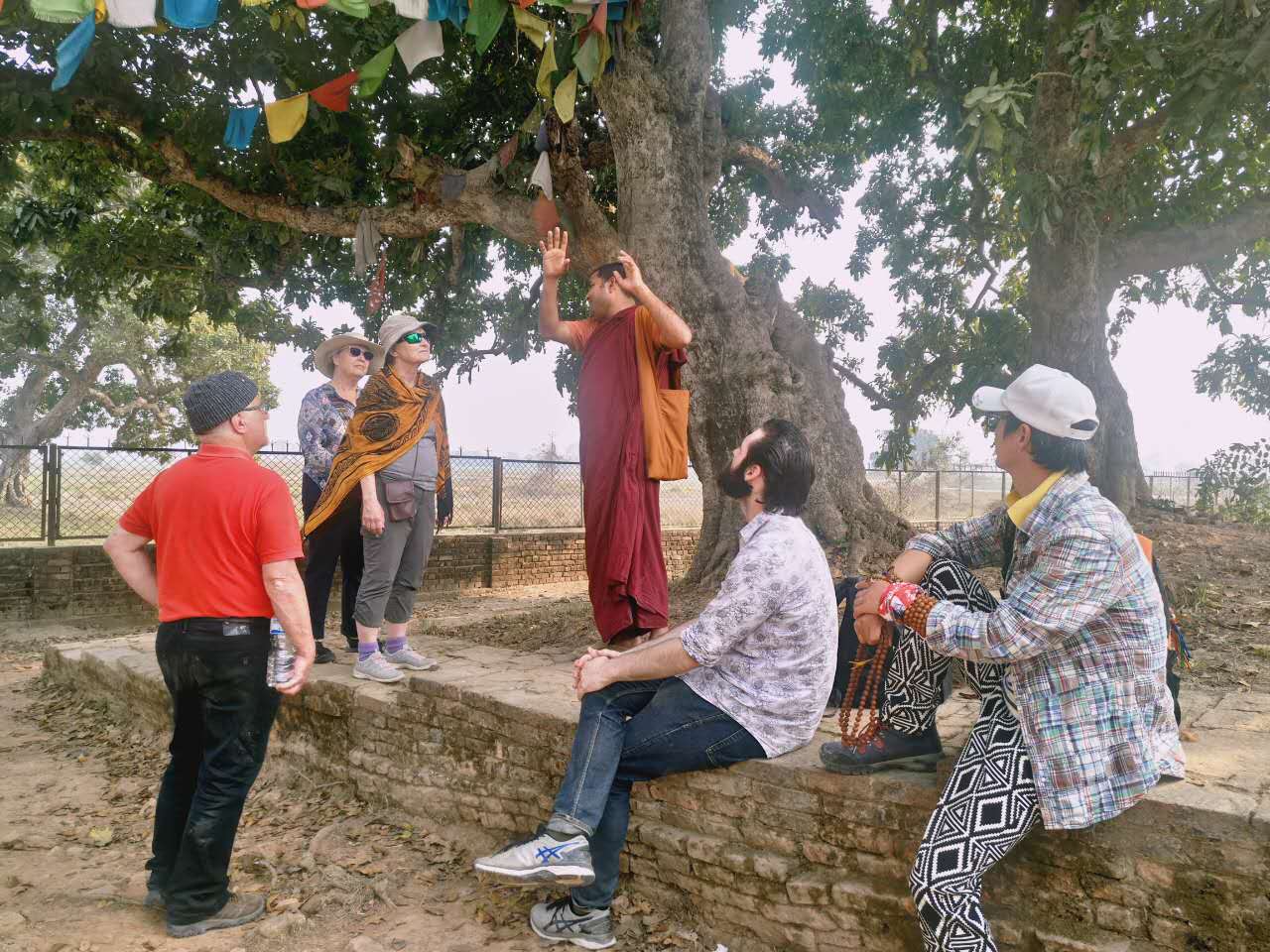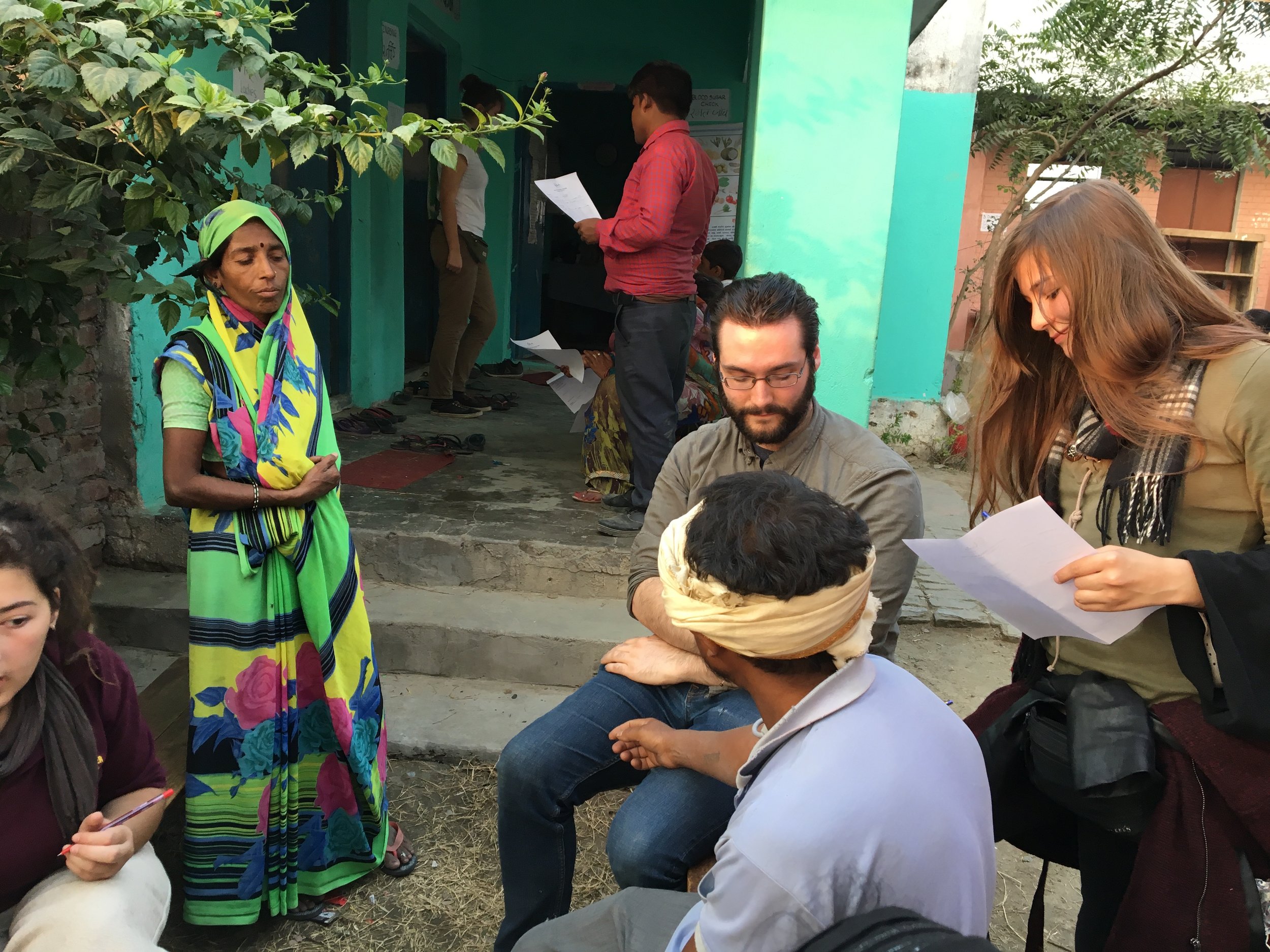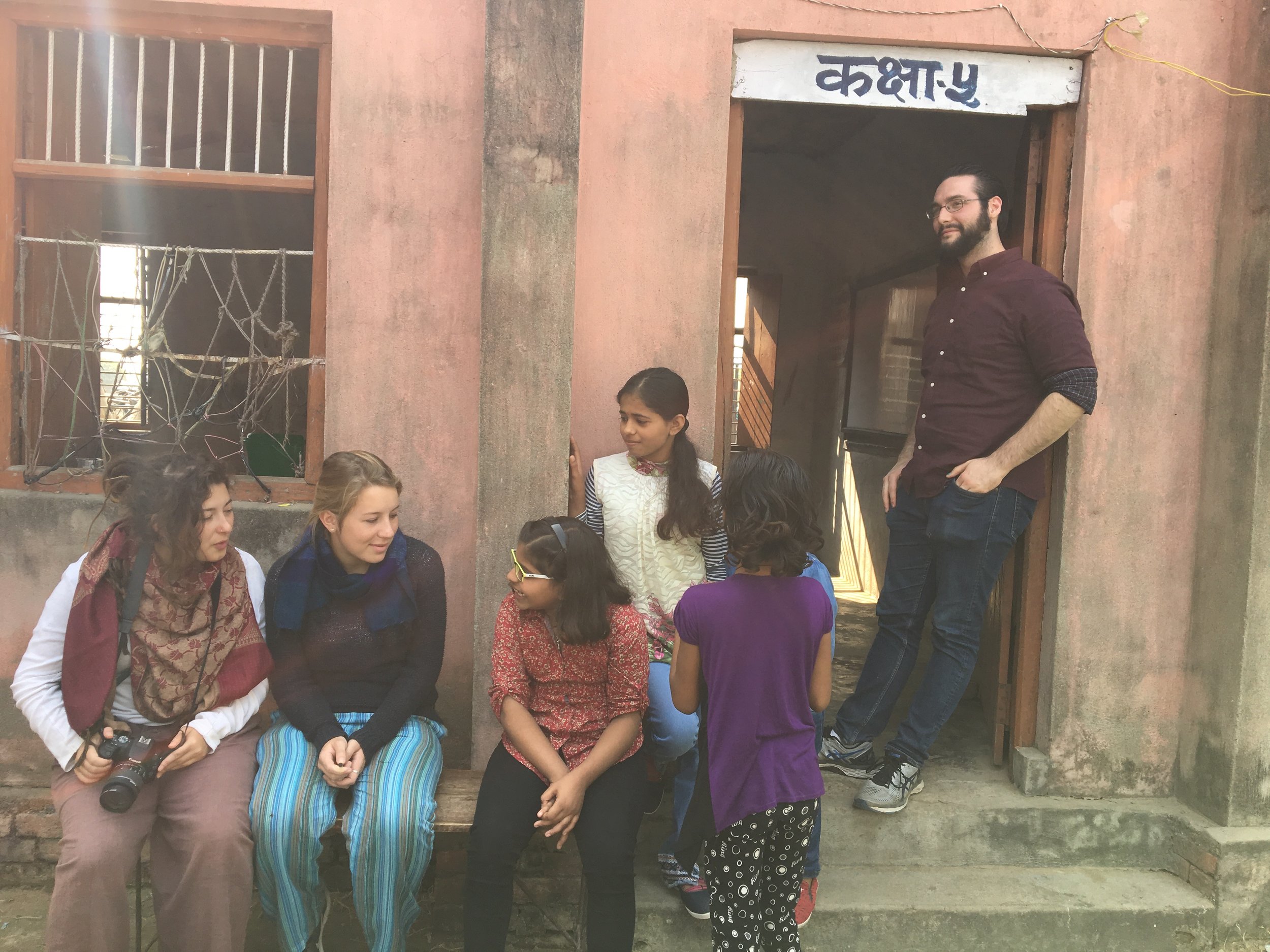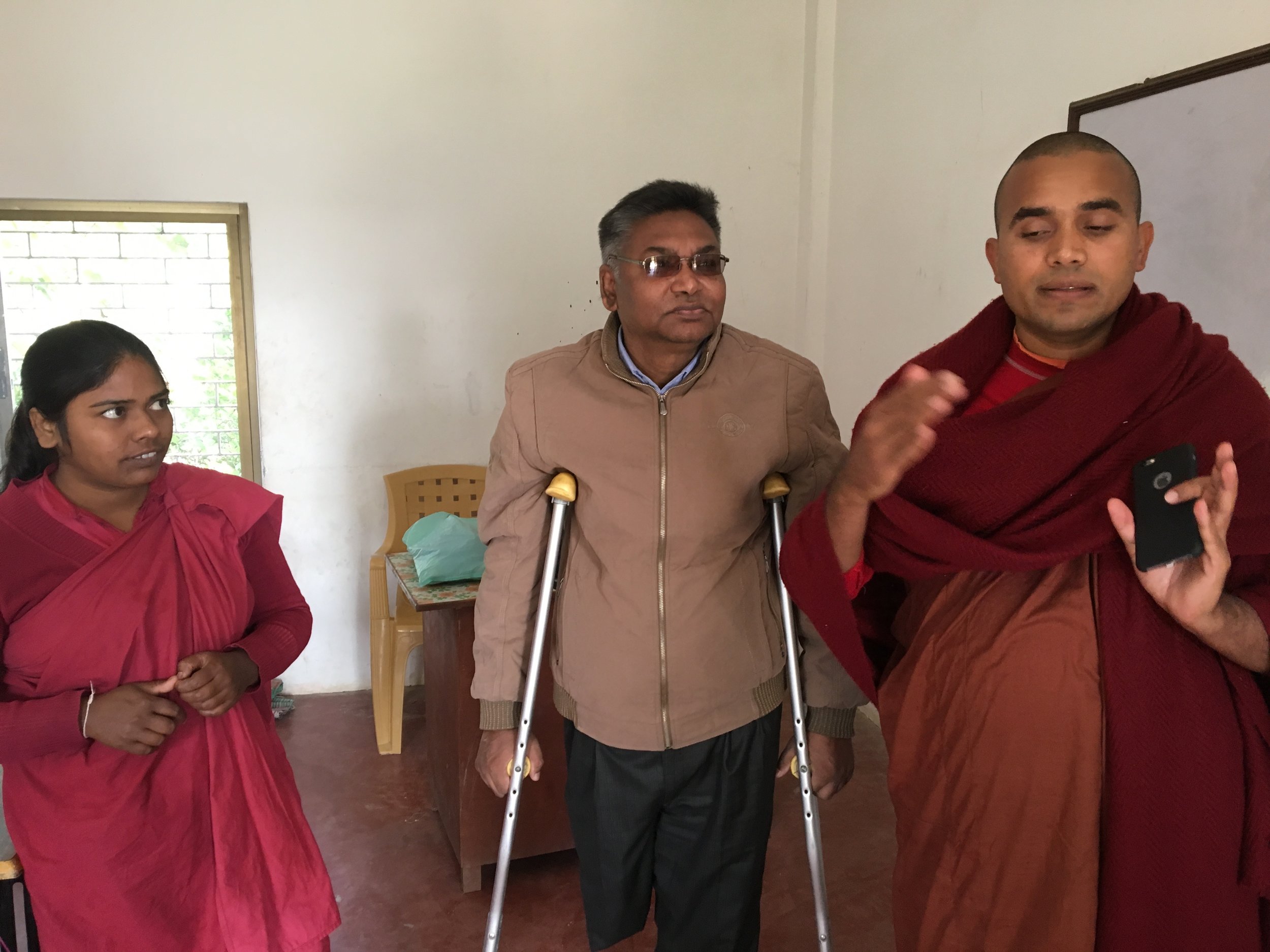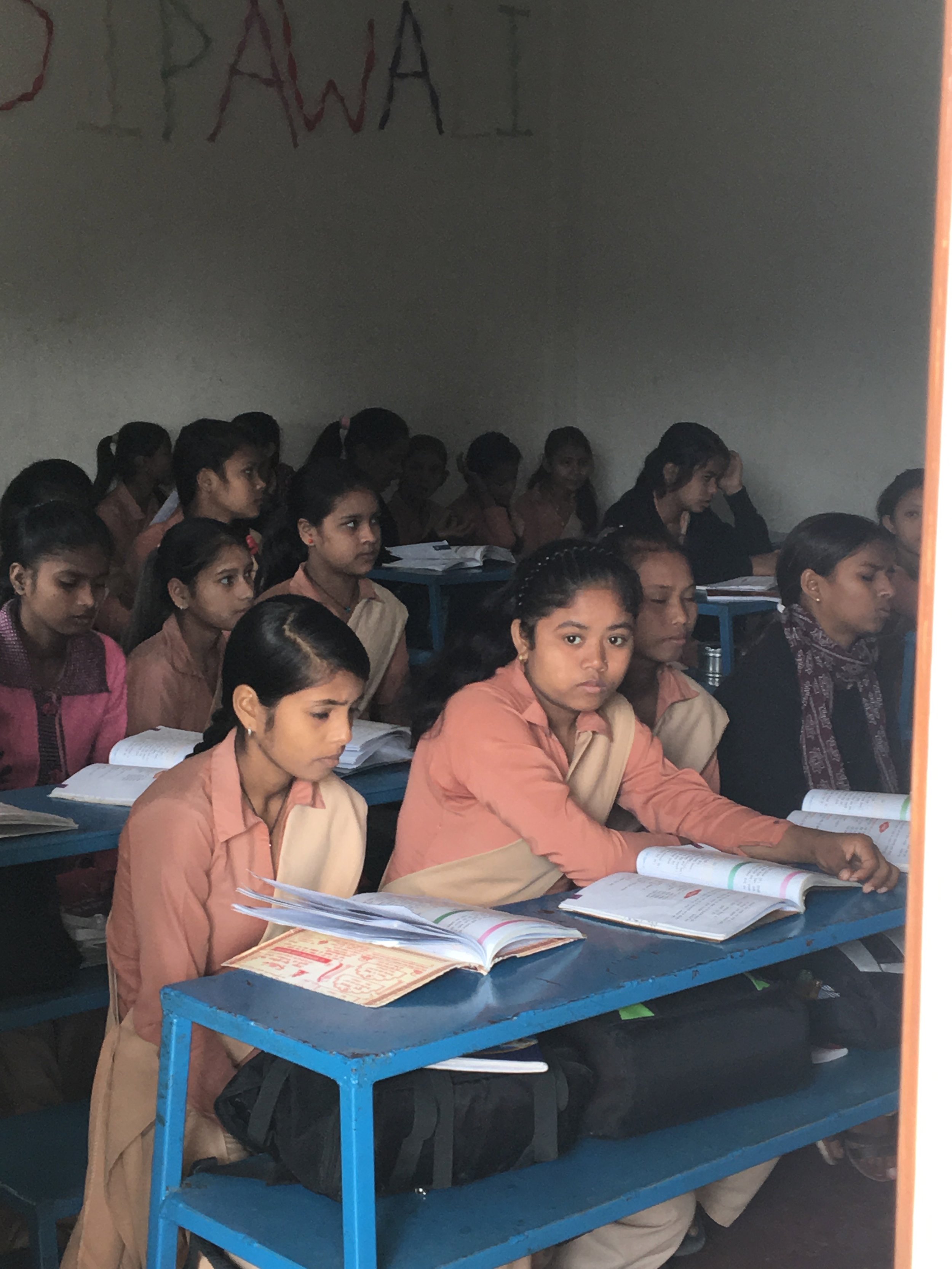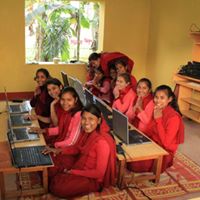People Are Alike All Over -- by Schuyler De Vos
I remember a Twilight Zone episode I saw once called "People Are Alike All Over". I don't really remember what happens; I think astronauts land on Mars and the Martians are either nice, or cruel, or both. Probably some of you know this episode and exactly what happens, but for me the plot was negligible. What stuck with me was the phrase. "People are alike all over". It is - and was meant to be, I think - ambiguous. People are what, all good? People are all evil? Or people are all just people - all the slurry of human thoughts, emotions, hopes and dreams flows into the same sea. In a way, it's a phrase so vague as to be meaningless. So people are all people. So what does that mean?
In a way, that is the question I secretly came here hoping to answer. What did it mean to have hopes, dreams and fear in Nepal, what drew people here or away from here, who was I in relation to all this, and how could I change it for the better?
It's still an evolving question. I think, when traveling and adapting, there are two kinds of shocks the traveler faces. One is the shock of the new. This is, say, the lack of hot water, accidentally frying your electric razor because of a voltage difference, subsisting solely on rice and lentils. Every day. In Nepal I do things I've never done before: meditate, learn new languages, examine the infrastructure of rural computer labs. These are the things people commonly think about when traveling.
A different shock, and a more insidious one, is the shock of the old, of time-worn feelings and problems which you didn't expect to find in your new location. In Nepal I do things I do back home: I fish, sit around bonfires, take walks, talk to people and listen to music. Sometimes I am sad, thinking about old problems or old problems cleverly disguised in new light, and sometimes I am happy, encountering new mysteries and modes of thinking and talking to people and catching fish.
Of course, I'm not implying Nepal isn't special. Far from it. Nepal is a unique country. The people are, truly, the nicest and most unassuming I've met to date. I have literally never felt unsafe here, and not just because I stand a full foot taller than the population - I find even the idea of someone doing violence against me here as something I can't really fathom. People will help you, or at least try, even (or especially) when you don't speak their language. And the children, especially, are amazing. I think one of my most vidid memories is seeing a mural painted on the Metta school wall - some kind of acrostic for 'education' - about the limitless potential that children have for the future. And it's really true! the kids want to learn, and they study hard, and they're always asking me questions I am always happy to answer. They're curious, and determined, and it's heart-warming to see. If America is the country where anyone can do anything, Nepal seems like the country where everyone wants to do something which, in my opinion, is a much more valuable trait.
Up to now, I've been focusing my efforts on shoring up their IT infrastructure at the Karuna Girls College. Nepal is a country where the people haven't quite caught up to the technology they're using: most people have a smartphone in their family, but aspects of cell phone and computer use someone in the West would find obvious are not as obvious of them. When I first examined the computer lab the computers were having trouble connecting to the internet, and all of the students (and teachers) were under the impression the computers all had terrible viruses, which of course wasn't true. It turns out that someone had uninstalled the correct computer drivers: user error is a big problem here. Another problem, which may sound quaint to us, is that of scams: the people here are much more susceptible to being misled about what is true and what is false on the Internet. Most of us have an intuitive sense of what to believe and what to avoid that Nepali people, with less experience, lack.
Energy consumption is also a big problem. The computers they have are very big and rather old, and they take up a lot of power: this is bad because it costs money and because there are frequent power outages here. To help fix this, we are undertaking a campaign to replace the older, bigger computers with very small Raspberry Pi computers, which will use much less energy. After that, I'll spend some time teaching computer literacy courses. Hopefully, I can get a good foundation set up for when I leave.
In conclusion, traveling to a new country doesn't change you. It can help change the way you think, and give you new opportunities to examine yourself. But ultimately only you are responsible for what you do and what you want, and following what you want and doing what you do. That is Nepal's true secret, which it taught me: only you can change yourself. I'm grateful for the opportunity to change things for the better here, and to be changed for the better by these unique people in this unique place. It truly is magical.


